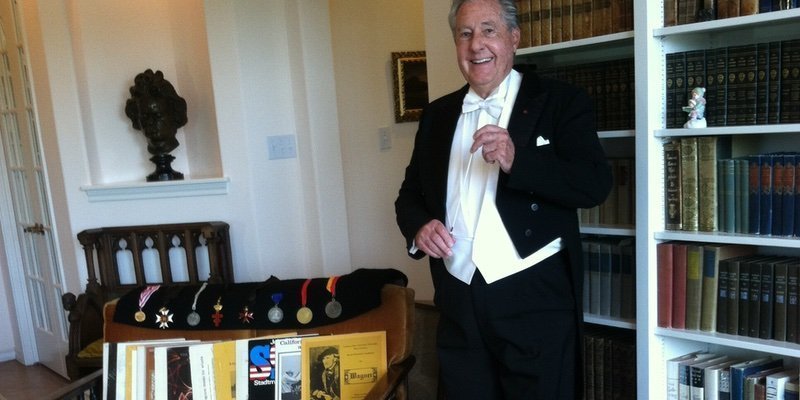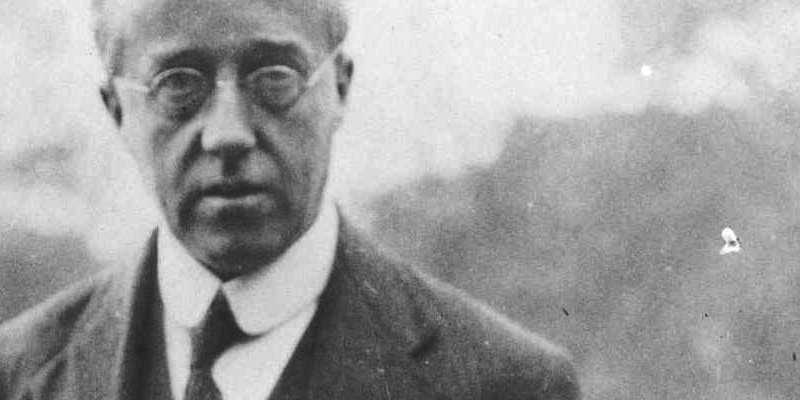As conductors we are very focused on how we present music to the listener. Recently I have begun to focus on how we and the listener listen to music. Because of our left-hemisphere education and training, I believe we are left untrained to listen via the right hemisphere meaning of music. Consequently even musicians themselves are not prepared to hear the important emotional essence in performance. We have lost something most people had in the nineteenth century.
As a case in point, I was thinking about how lucky we are that our generation discovered an entire new repertoire of wind ensemble music, Harmoniemusik. But then I wondered why no one is performing this music, or to say it a different way, why has this repertoire not paid us back? I think the answer is that wind conductors, in this case, are not equipped to hear beneath the grammar of the page. For example, where is the university conductor who feels a strong personal communication with the very dramatic second movement of K. 384, the C minor Partita? They play it but they do not hear it, or identify with it because no where in their training have they been taught that music is a personal communication of deep feeling.
And the Partita K. 375, which has an extraordinary demonstration of musical humor — the clock running down, and the aimless modulations, etc. Which conductor today even is aware of this humor? I once gave an hour lecture, a general public lecture, on this composition and its humor at the University of Michigan. A few faculty members came up afterward expressing their fascination with my remarks — My local host only observed, “You really know that piece.”
Or the Milhaud Suite Française, in which the composer explained in detail that he wrote it to express his pain and sorrow of his friends due to WWII — this our unsuspecting grammar driven conductors turn into another superficial Vaughn Williams Folk Song Suite. But consequently, due to the deep communication, this music requires far more rehearsal than the Vaughn Williams, which, if you have a group that can play, requires no rehearsal at all. I do not mean by “rehearsal” just saying “play p the first time and f the second time, etc. By the way, my essay on the Maxime Principle, asks, “How do we even know that the p and f symbols were introduced during the Renaissance for the purpose of expressing soft and loud?”
And during WWI, when the European friends were in deep emotional turmoil following the massacre of the 1870s of the French–German war, and then the then current WWI in which 6 million soldiers died, including an entire generation of Frenchmen — What was being expressed in the music of the Americans at this time? What were we feeling? Irving Berlin [“Over there, over there”], Joplin, Gershwin and Tin Pan Alley! Which wind conductor today hears, understands and can express the horrors the composer was thinking of?
So the bottom line is that audiences are disappearing from orchestral concerts not because of the repertoire per se, but because they have not been educated to consider music as other than something to provide a nice background atmosphere.
For us, as conductors, this is crucial for we are also educators and in this part of our work we must always be concerned, following Aristotle’s model, whether we are giving the listener aesthetic music, music which gets inside the listener and which Aristotle called catharsis, or whether we are supplying entertainment music, which in the Aristotle definition can be wonderfully heard but in the end just bounces off. Band conductors have the additional burden of a medium which for a very long time has had a history of being an entertainment medium. In the present tense, perhaps how we train the listener is perhaps our greatest opportunity to affect humanity.




